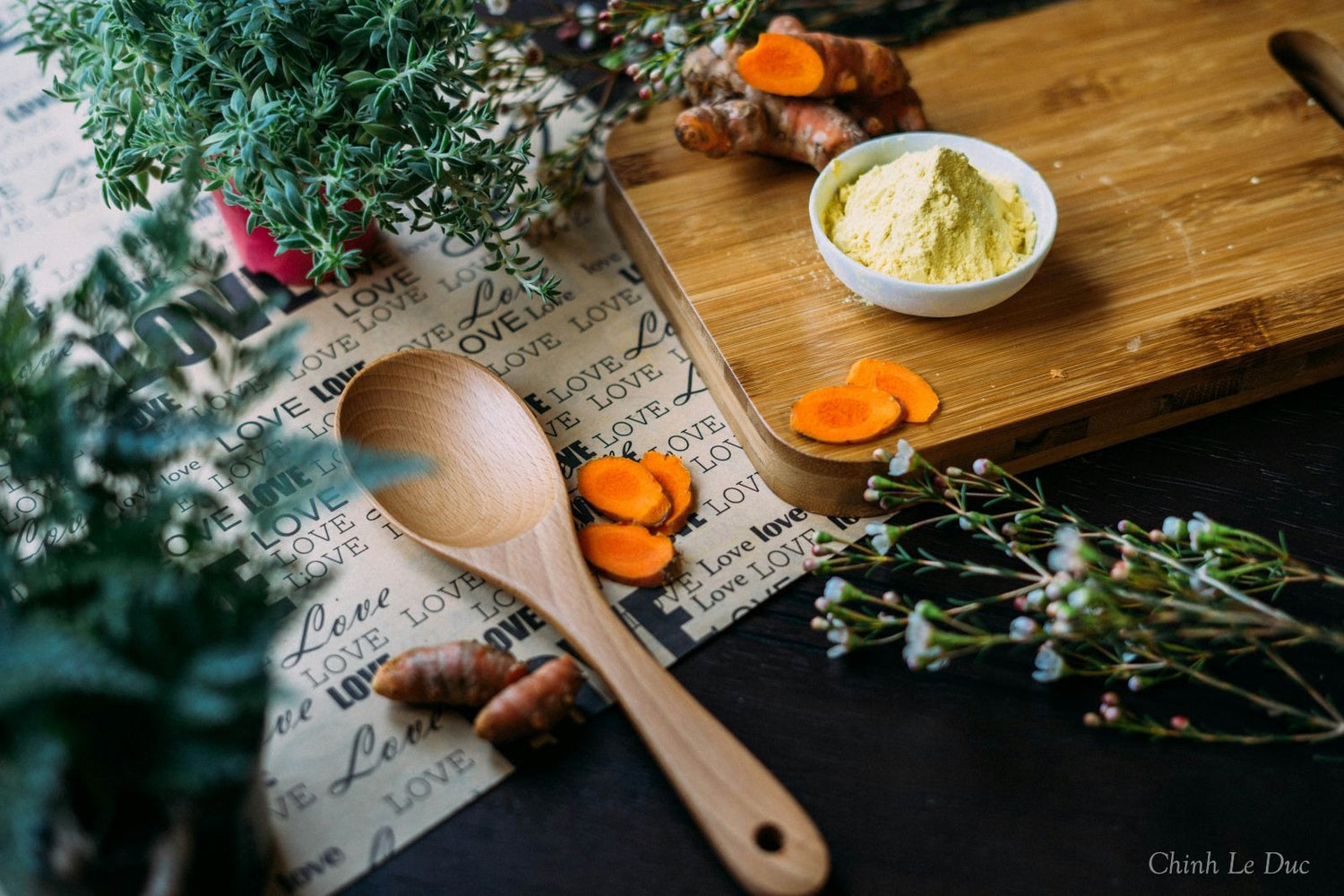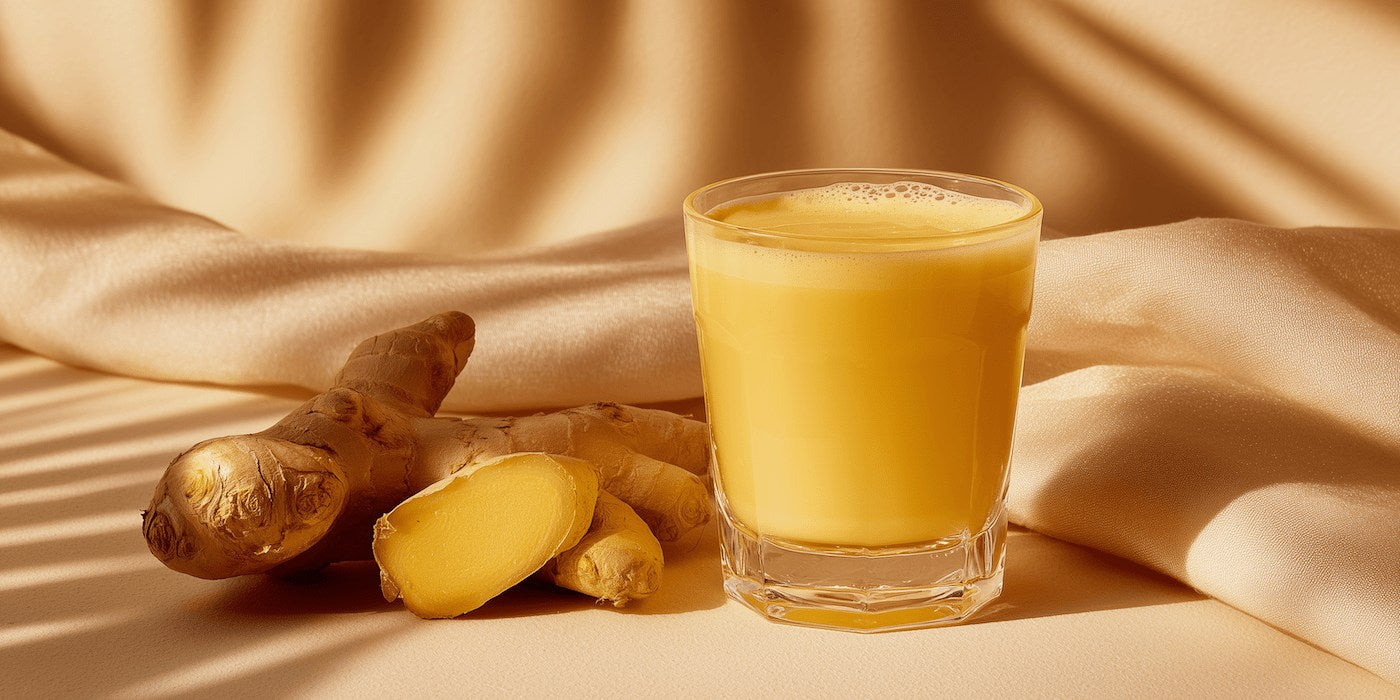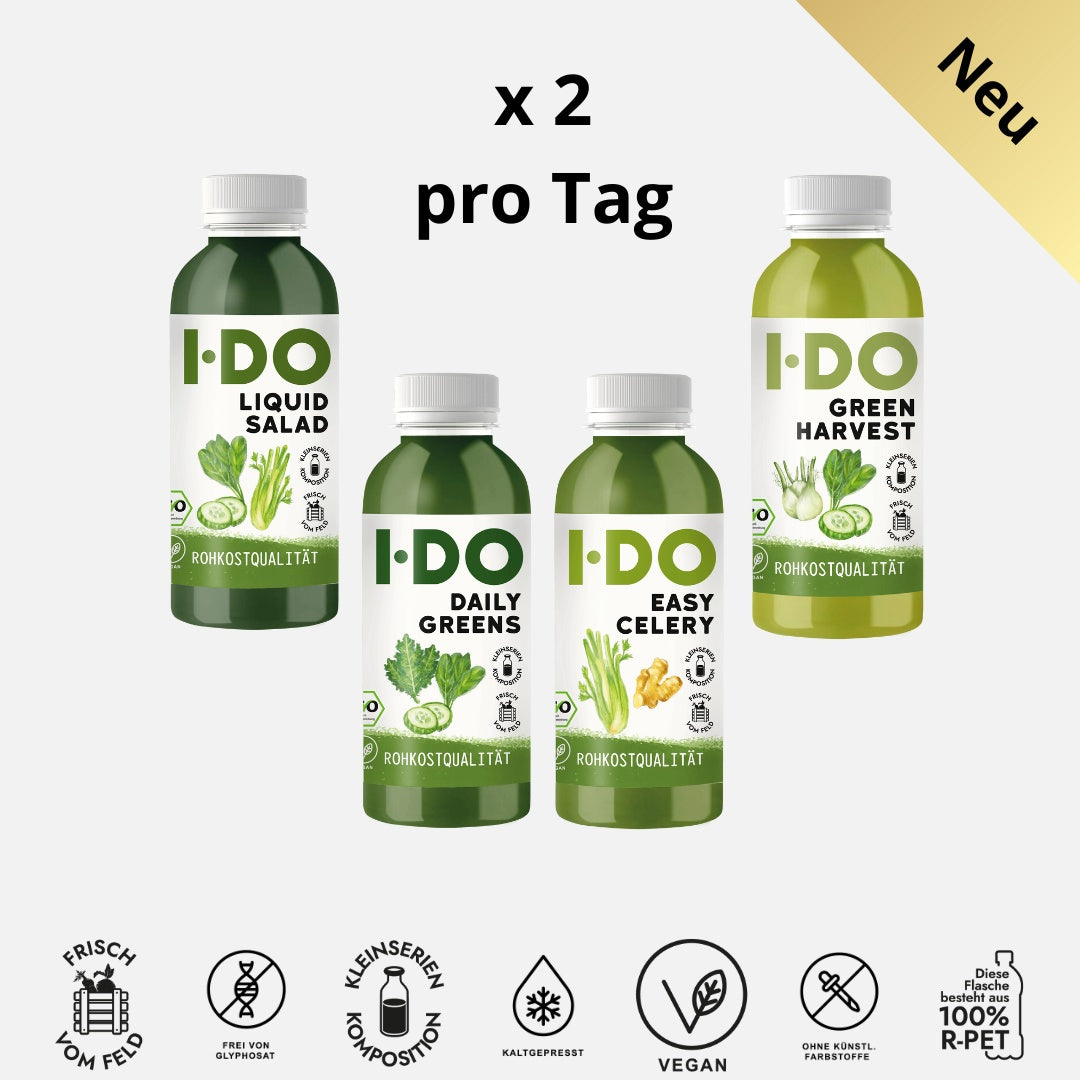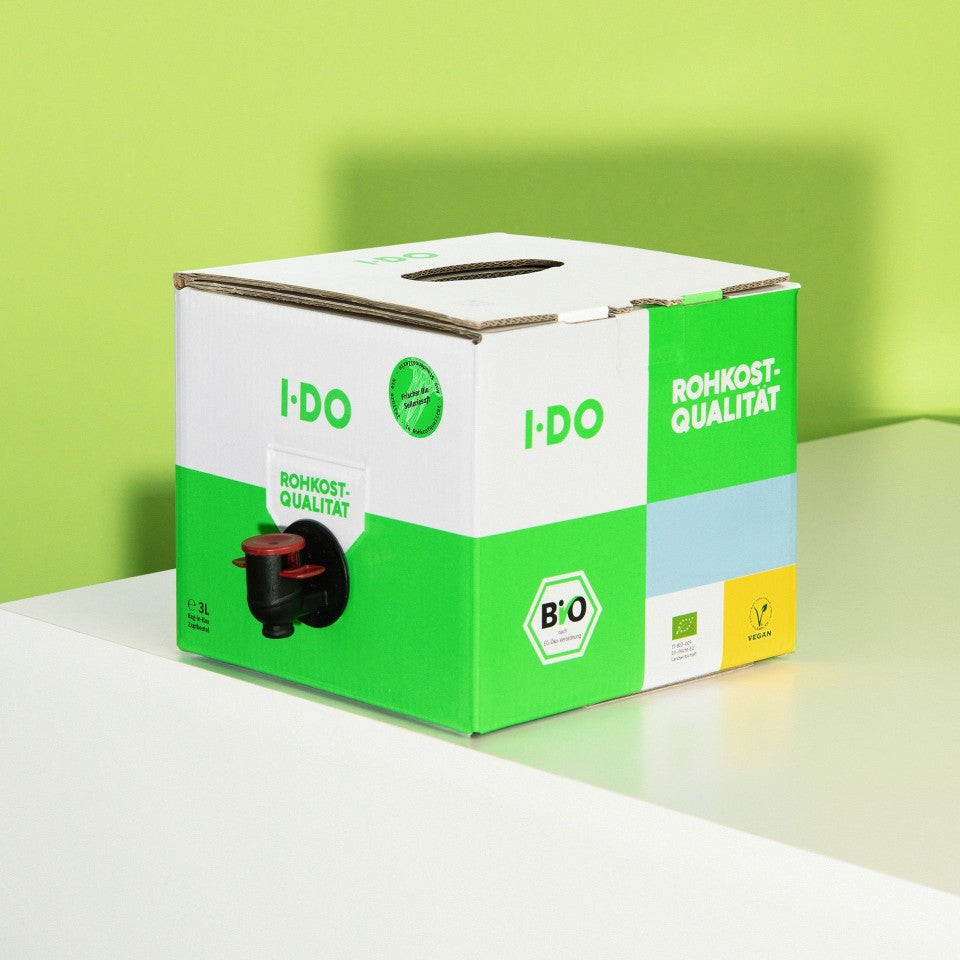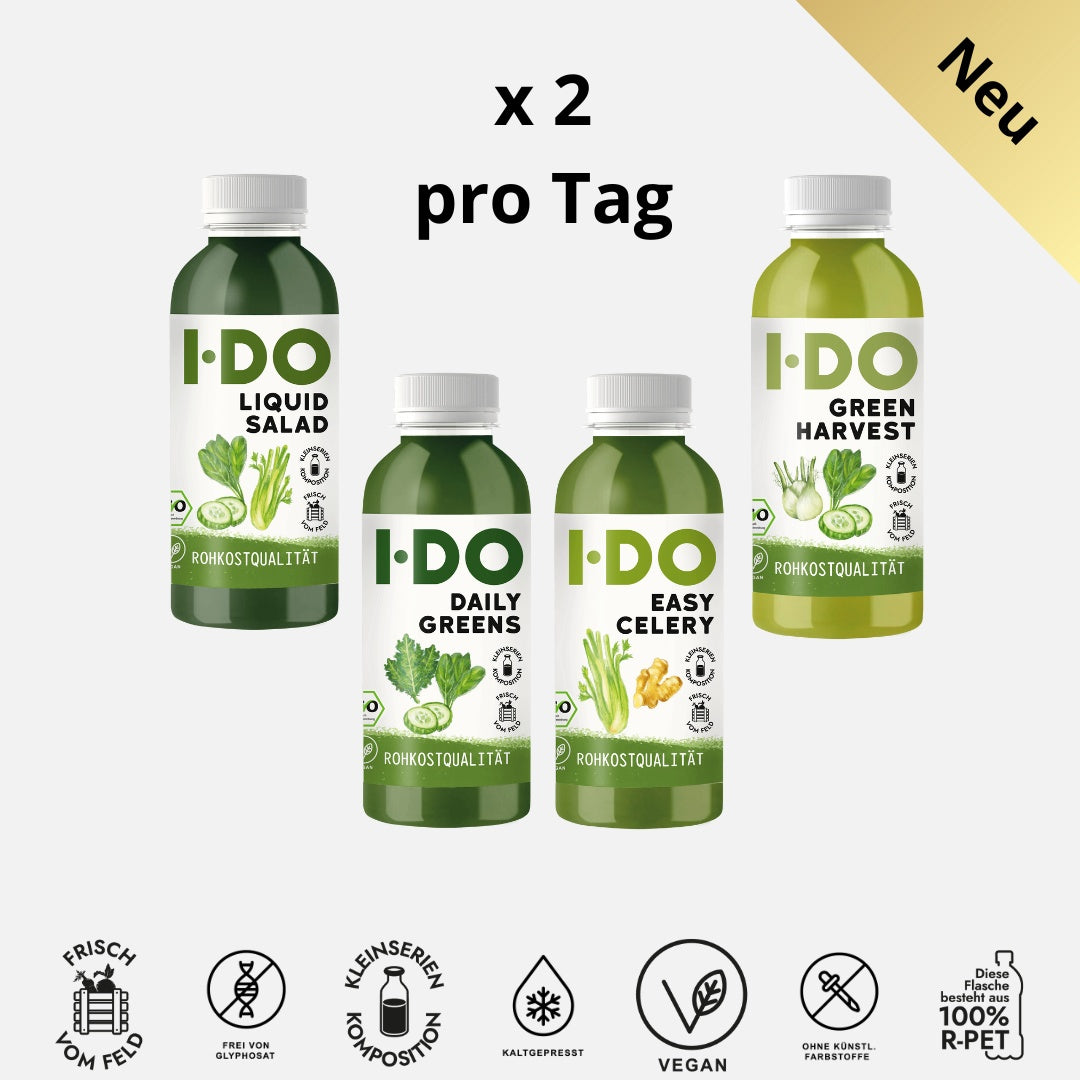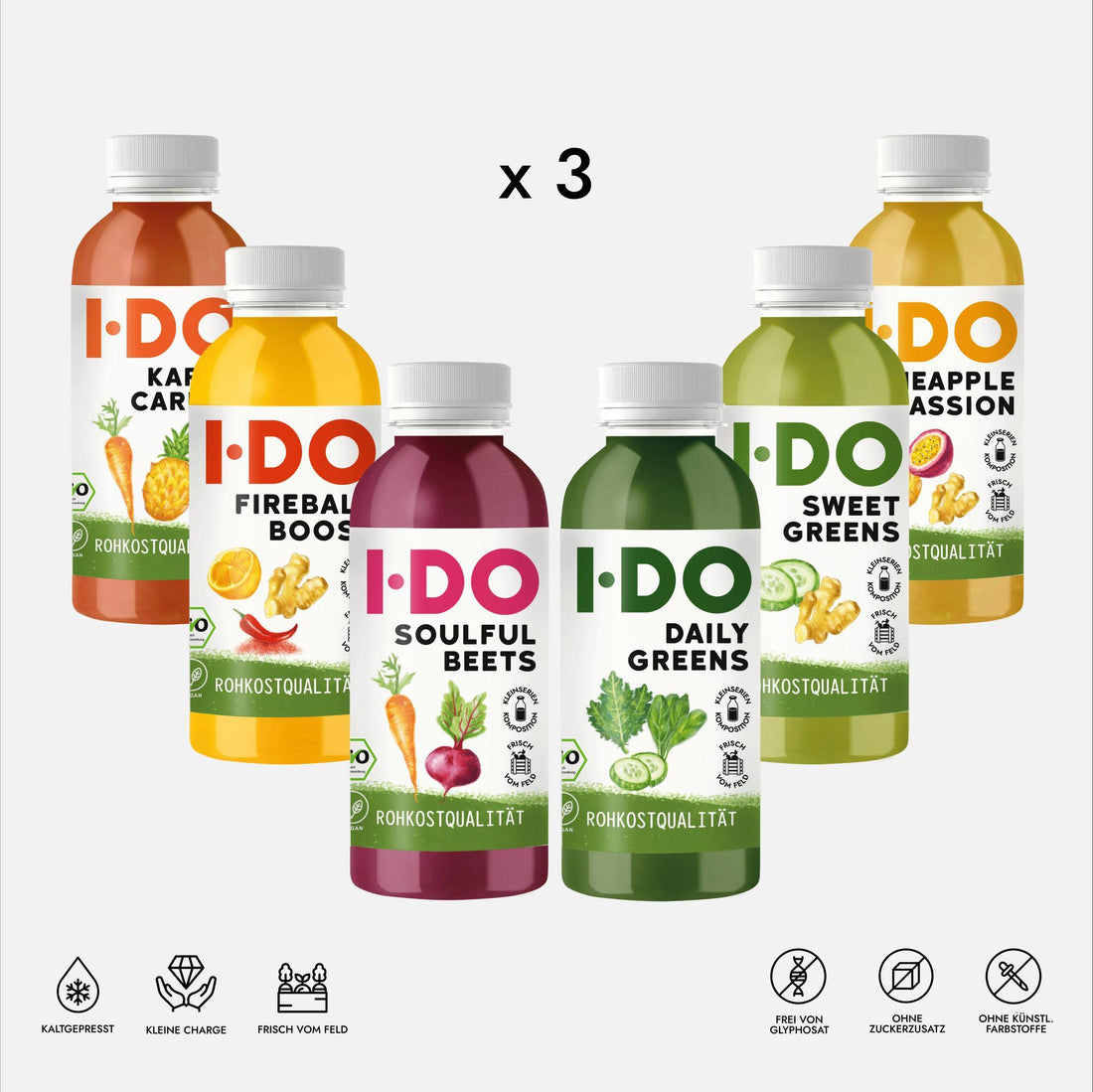Healthy gut made easy: How to strengthen your microbiome every day with 4 foods
The top foods for your gut
Many people primarily associate gut health with probiotics or fermented foods. In reality, however, these are only a small component of what our microbiome needs to remain balanced long-term. Our gut reacts sensitively to the variety of plant-based foods we consume every day, from fiber-rich legumes to fresh fruits and vegetables to polyphenol-rich plant compounds.
Anyone who wants to sustainably support their intestinal flora should take advantage of the full range of these natural foods. In this article, you'll learn which foods are particularly effective and how you can easily incorporate them into your daily routine without complicated diets or deprivation.
1. Resistant starch – food for your intestinal cells
Resistant starch is found in potatoes, green bananas, and legumes, among other foods. It passes largely undigested into the large intestine, where it serves as food for certain intestinal bacteria. This process produces butyrate, a short-chain fatty acid (SCFA) that can directly nourish your intestinal cells.*
➡️ This means: By consuming resistant starch, your intestinal cells receive the energy they need to perform their tasks – an important factor for balanced intestinal function.
2. Prebiotics – feeding the good bacteria
Prebiotic fiber such as inulin and fructooligosaccharides (FOS) can be found in chicory, Jerusalem artichokes, onions, garlic, artichokes, and bananas. They serve as a food source for bifidobacteria and help maintain the intestinal barrier.*
➡️ This means: Prebiotic foods help maintain a healthy balance of the gut flora. This can have a positive effect on digestion and overall well-being.
3. Polyphenols & Flavonoids – Antioxidant Plant Power
Polyphenols and flavonoids are abundant in berries, cocoa, and green tea. They have antioxidant and anti-inflammatory properties while promoting the growth of Akkermansia muciniphila, a bacterium that plays an important role in a healthy metabolism.*
➡️ This means: Antioxidants from plants gently promote your intestinal flora and make an important contribution to a balanced diet.
4. Pectin – fiber for a healthy intestinal flora
Pectin, found in apples, citrus fruits, and other fruits, serves as food for certain intestinal bacteria such as Faecalibacterium prausnitzii. This bacterium plays an important role in maintaining an intact intestinal barrier and a balanced intestinal flora.*
➡️ This means: Foods containing pectin not only provide fiber, but also specifically support the balance of your intestinal flora
How to get the most out of these foods
Not only the choice of food is crucial, but also its origin, cultivation method, and processing. Raw fruit, fresh vegetables, and whole grain products contain the most valuable fiber, vitamins, and phytochemicals. If they are heated to high temperatures, stored for long periods, or industrially processed, many of these valuable nutrients are lost, and their effect on your intestinal flora can be significantly reduced.*
This is where our I DO organic juices can provide easy support. They are harvested locally wherever possible to avoid long transport routes, gently cold-pressed, and preserved using high-pressure processing (HPP), completely without heating. This ensures the juice remains 100% raw and of high organic quality, making it ideal as a quick snack, a hassle-free start to the day, or a light snack between meals.
Source:
*Kumar, S., Mukherjee, R., Gaur, P., Leal, É., Lyu, X., Ahmad, S., Puri, P., Chang, C.-M., Raj, VS, & Pandey, RP (2025). Unveiling roles of beneficial gut bacteria and optimal diets for health. Frontiers in Microbiology, 16 , Article 1527755. https://doi.org/10.3389/fmicb.2025.1527755



